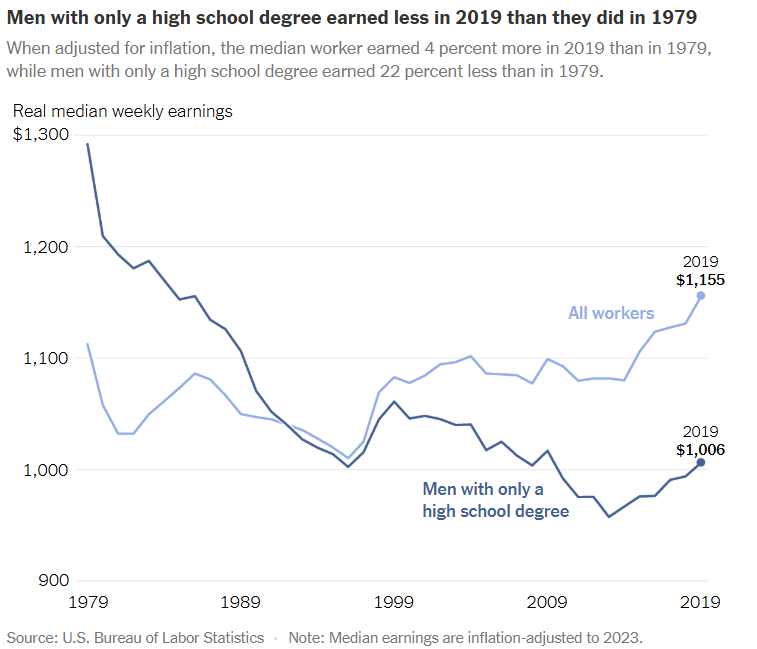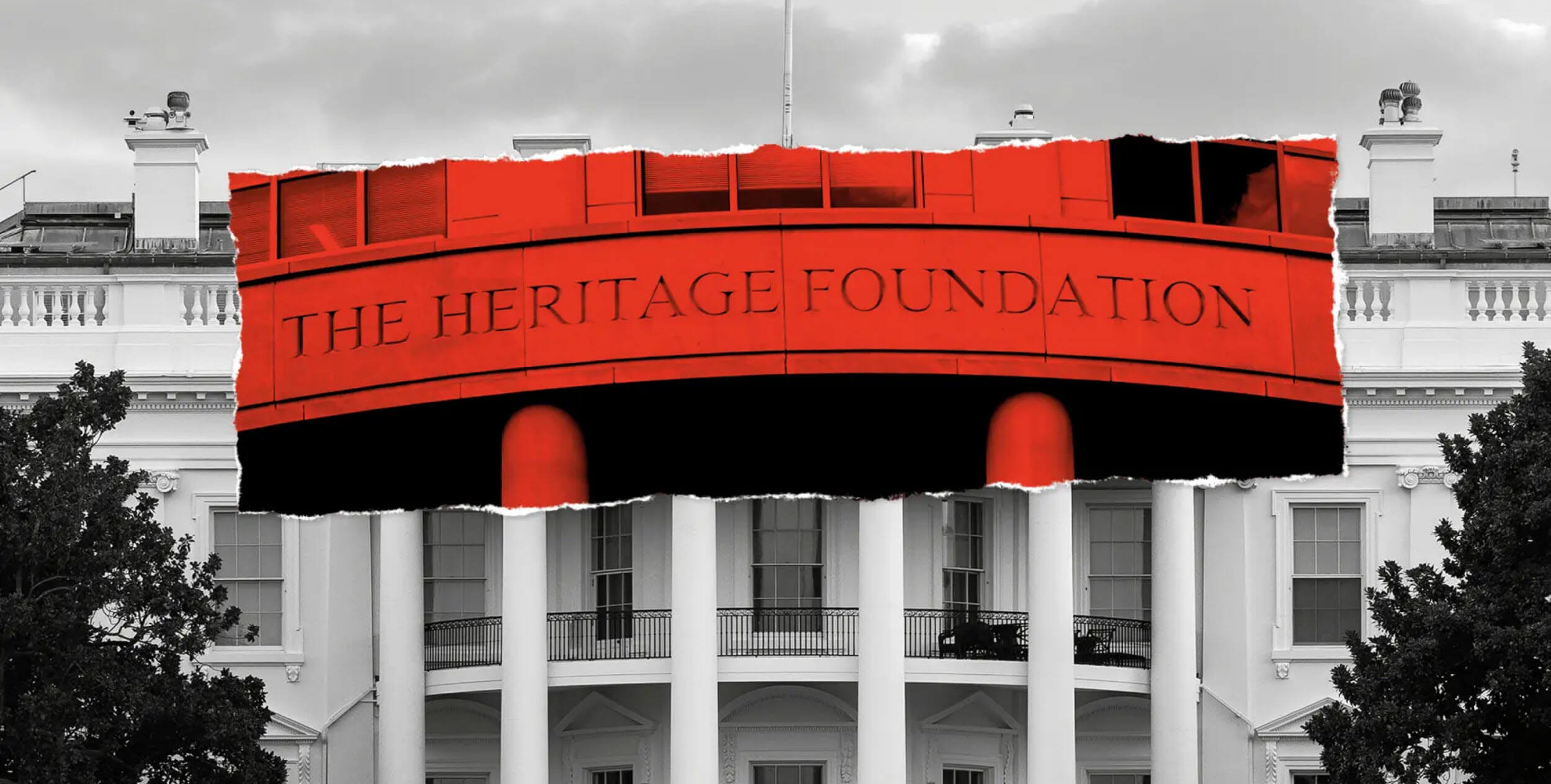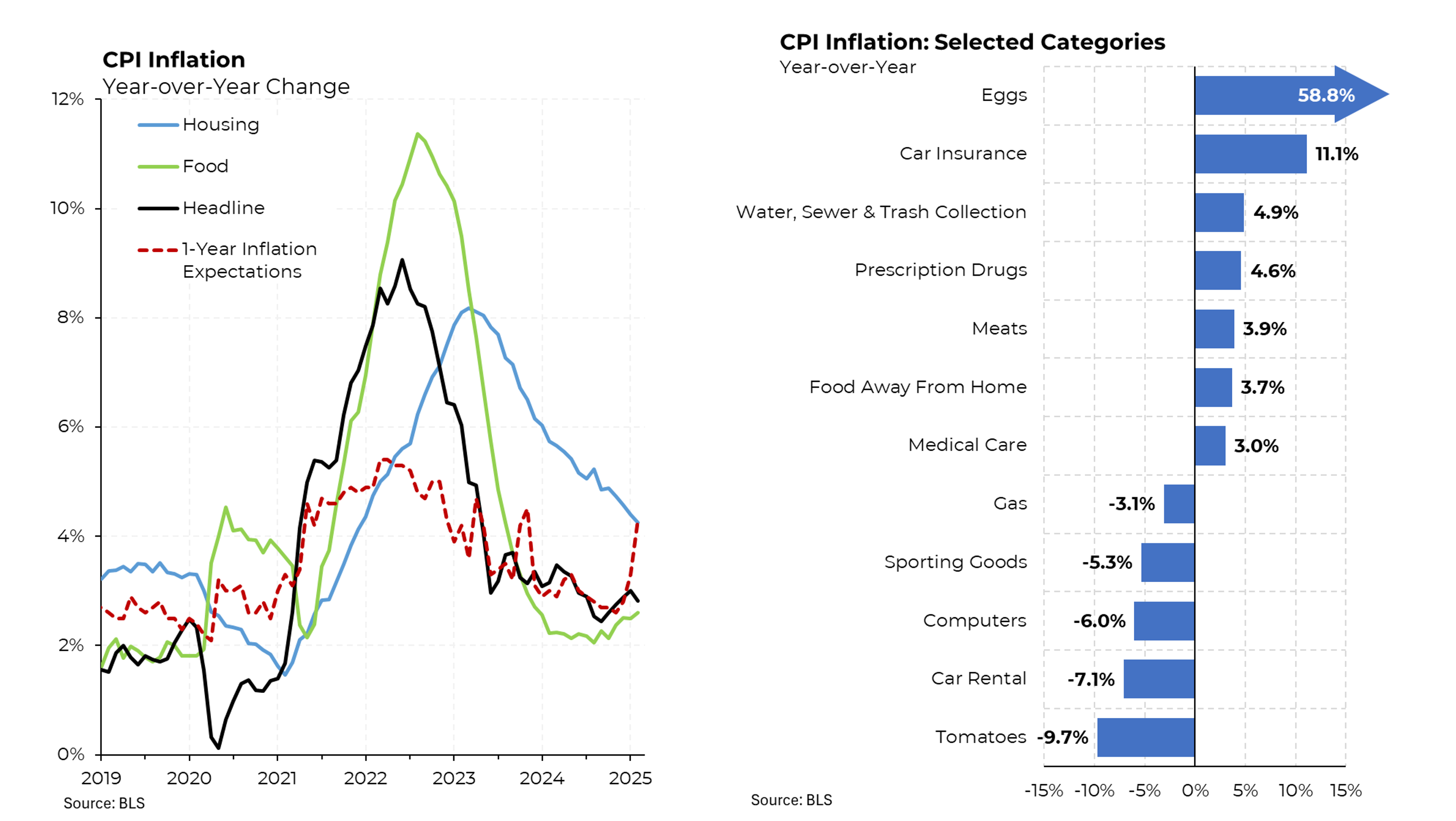Originally published in the Financial Times
Lest we needed another reminder, Thursday’s announcement that the Italian automaker Fiat had achieved the final performance target in its alliance with Chrysler underscored once more the remarkable success of the rescue of the American automobile industry.
No capitalist (and I consider myself to be a full-throated one) likes the notion of government intervening in the private sector. But we must recognise the rare moments when deviations from this principle are not only to be tolerated, but welcomed.
As the events of the past three years demonstrate, General Motors and Chrysler were such an undeniable exception. At the end of 2008, the entire auto sector was on the brink of total collapse, a near casualty of the financial crisis, oscillating oil prices, uneconomic labour agreements and poor management. General Motors alone lost $30bn in that single year.
Due to courageous decisions by both former President George W. Bush and President Barack Obama, the industry is now thriving. US sales of autos and light trucks rose last year by 10.3 per cent to 12.8m, compared to 10.4m in 2009.
More remarkably, when the books close on 2011, General Motors will have recorded its largest annual profit since 1999, even though vehicle sales remain well below pre-recession levels.
Chrysler’s turnaround is at least equally stunning, thanks to the extraordinary management skills of Sergio Marchionne, Fiat’s chief executive. Its tired fleet refreshed under Mr Marchionne’s lash, Chrysler’s sales rose by 26 per cent last year, yielding the biggest increase in US market share of any automaker.
Of equal importance to job-hungry America, employment in the auto sector rose by 129,000 over the past two years.
Had the US government not stepped in, the outcome would have been the diametric opposite. By the end of 2008, the two giant automakers would have run out of cash, shut down and liquidated. Likewise, their many suppliers. The lack of available parts would have forced Ford into at least a temporary closure. By any measure, well more than a million jobs would have been lost, at least temporarily.
Those who steadfastly oppose bail-outs – including Mitt Romney and the other Republican presidential hopefuls – insist that somehow this potential disaster could have been averted without government assistance.
That is, quite simply, ridiculous. In late 2008 and early 2009, not a penny of private capital was available to finance companies in this sector, with or without bankruptcy. I know this because we looked assiduously and vainly for it.
I recognise that opening the door to government intervention can be a slippery slope; particularly outside of America, examples of inefficient companies propped up on life support by transfusions of public money are plentiful.
To that extent, the ardour of defenders of free market capitalism can serve the useful purpose of making such interventions very much the exception. But at the same time, let’s not forget that not all government is bad, and markets are not always utterly efficient.






